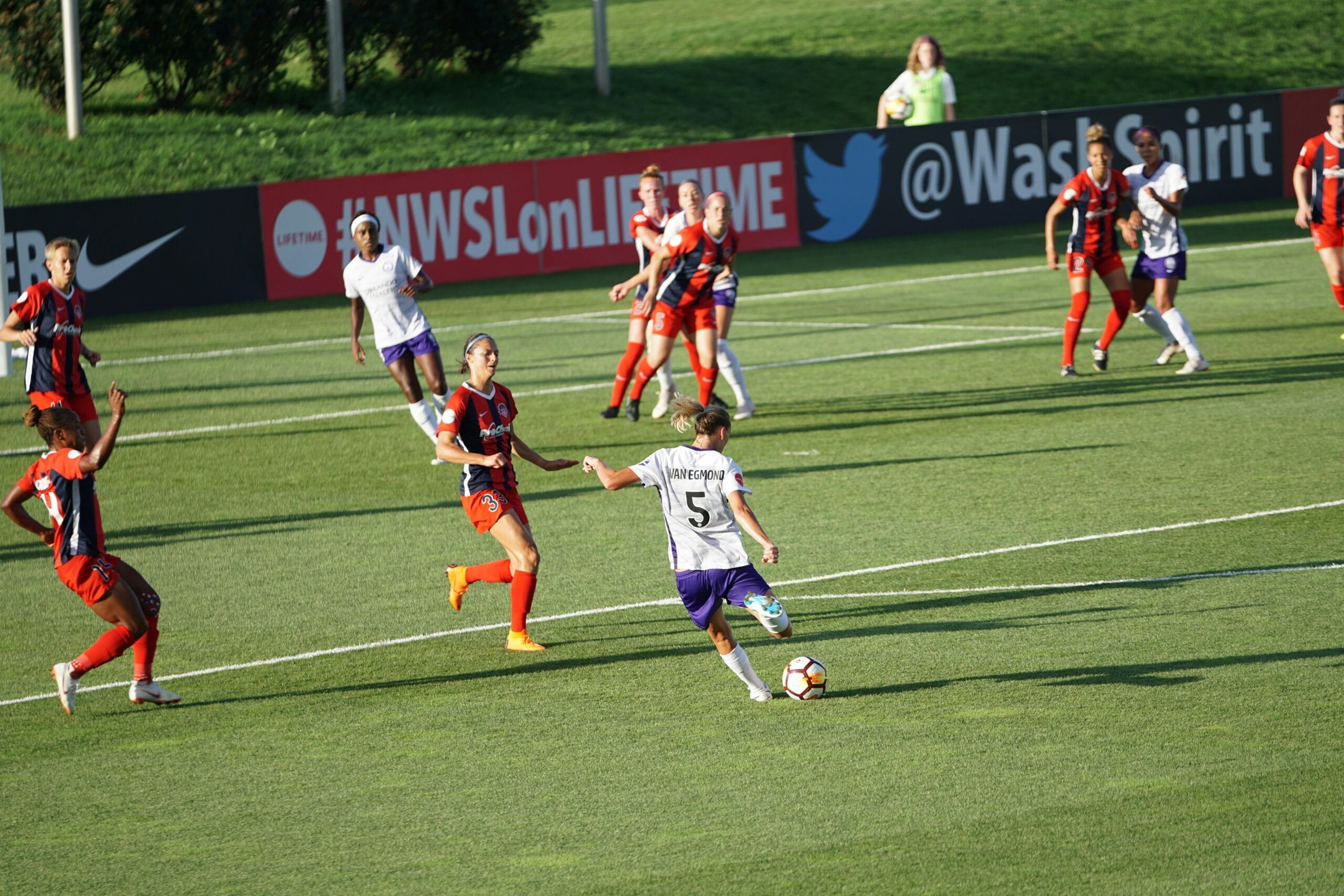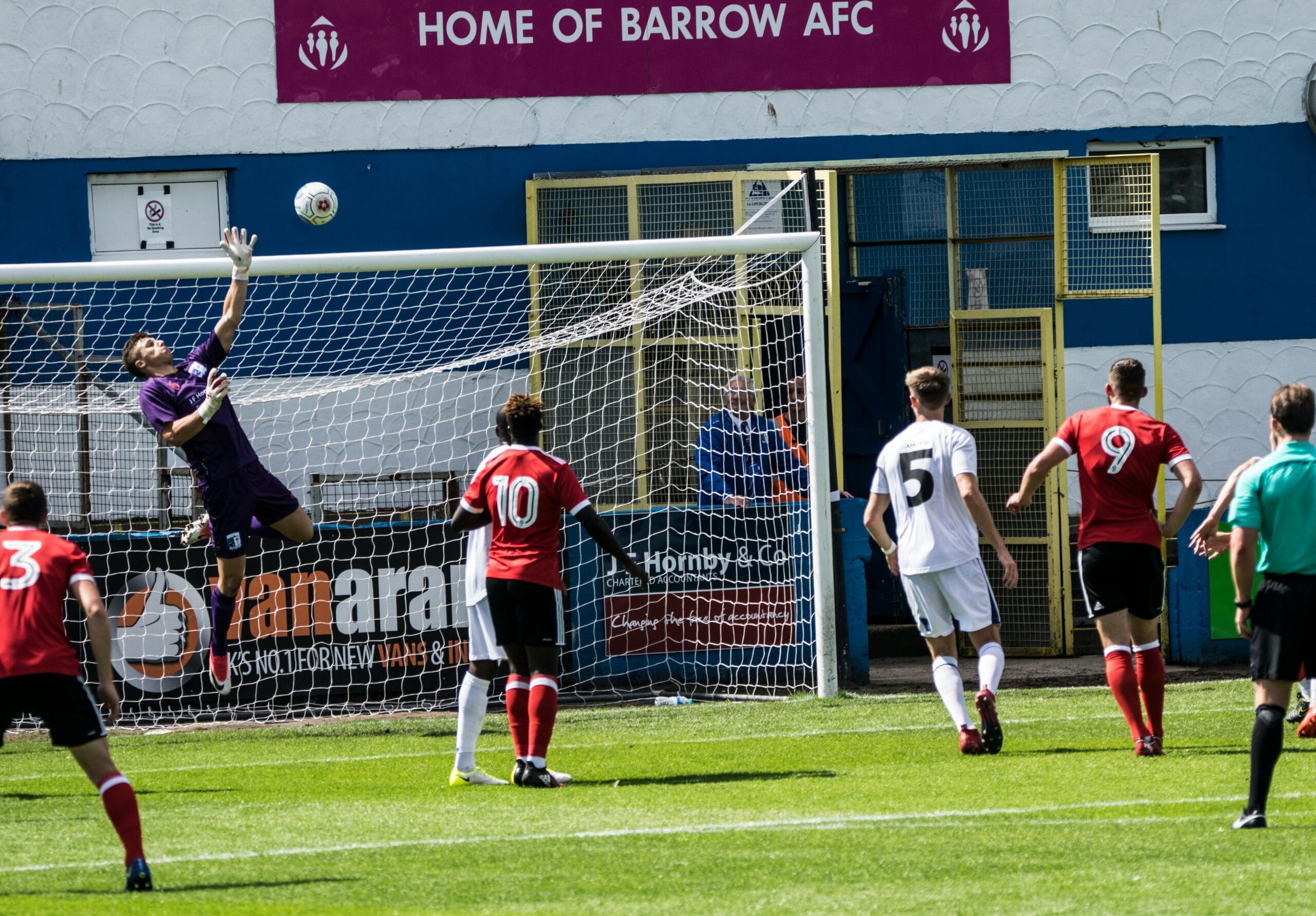How to Be a Good Striker: Mastering the Art of Goal Scoring
Being a striker is one of the most exciting and challenging roles on the football pitch. A good striker must possess a unique combination of technical skills, tactical awareness, physical ability, and mental sharpness. Scoring goals may seem like the striker’s primary responsibility, but the role demands much more. In this guide, we’ll explore what it takes to become a great striker and how to enhance your abilities in this critical position.
1. Understand the Striker’s Role
To be an effective striker, you need to understand the full scope of the position. A striker is not just a goal scorer but also a playmaker and a team player. A good striker:
- Creates Space: Uses movement to pull defenders out of position and create scoring opportunities for teammates.
- Pressures Defenders: Constantly harasses defenders and forces mistakes.
- Supports the Team’s Attack: A striker often initiates attacking movements and links up play with midfielders.
Focusing on all these aspects makes you more versatile and dangerous on the pitch.

2. Improve Finishing Skills
Goal-scoring is the bread and butter of a striker. Therefore, developing excellent finishing skills is critical. Here are key areas to focus on:
- Shooting Accuracy: Practice hitting the target with both power and precision. Consistent finishing requires a combination of control and accuracy.
- Composure: A top striker stays calm in front of goal. When facing the goalkeeper, it’s important to make composed decisions—whether it’s a low-driven shot, a chip, or a powerful strike.
- Variety of Shots: Master different types of finishes like volleys, headers, and one-on-one situations. The more ways you can score, the harder you will be to defend against.
- Weak Foot: Work on finishing with your weaker foot. Being two-footed makes you unpredictable and adds another dimension to your attacking play.
3. Positioning and Movement
Your positioning on the field is vital as a striker. Even the best finishers can’t score without being in the right place at the right time. Here’s how to improve your positioning:
- Anticipate Play: Learn to read the game and anticipate where the ball will land. Anticipation allows you to be a step ahead of defenders.
- Make Intelligent Runs: Run into spaces where you can receive the ball and be a threat. Timing your runs to avoid offside while catching defenders off guard is crucial.
- Work on Spatial Awareness: Always be aware of your position relative to the goal, defenders, and teammates. This awareness helps you exploit gaps in the defense.
4. Build Physical Strength and Stamina
Physicality plays a big part in a striker’s success. Whether you need to hold off defenders, win aerial battles, or outmuscle opponents, having the necessary physical strength is key. Here’s what you need to work on:
- Strength Training: Focus on your core, legs, and upper body to improve balance, strength, and power. This helps when shielding the ball or jostling with defenders.
- Speed and Agility: Speed is a striker’s best friend. Being able to accelerate quickly and change direction effectively is crucial when making runs and leaving defenders behind.
- Endurance: You must be able to maintain a high level of performance throughout the match. Good stamina ensures you can continue making runs and pressing the defense until the final whistle.
5. Develop Tactical Awareness
A good striker understands the team’s tactics and how to adapt during a game. Tactical awareness helps you play intelligently and make decisions that benefit the team.
- Study Opponents: Know the strengths and weaknesses of the defenders you’ll face. Adjust your play based on their positioning, speed, and tendencies.
- Work on Link-Up Play: A modern striker is involved in build-up play. Work on your first touch and passing to help retain possession and bring teammates into the attack.
- Defensive Work: Many successful strikers also contribute defensively by pressing defenders and recovering the ball high up the pitch. This adds value to your overall game and can lead to scoring opportunities.
6. Mental Toughness and Focus
The mental side of being a striker is often overlooked, but it can make or break your success. Goal-scoring opportunities may be few and far between in some games, so you must stay focused and confident.
- Confidence: A great striker is always confident, even after missing a few chances. Believe in your ability and stay determined to score.
- Patience: Goals won’t come in every attack. The best strikers remain patient and wait for the right opportunity.
- Composure Under Pressure: In high-pressure situations like penalties or last-minute chances, maintaining composure is essential. Keep calm and trust your training to make the right decision.
- Resilience: Strikers often face tough defenders and intense scrutiny. You must be resilient and bounce back from mistakes or missed chances.

7. Watch and Learn from Top Strikers
One of the best ways to improve as a striker is by studying the best in the game. Watch matches featuring elite strikers like Erling Haaland, Harry Kane, and Robert Lewandowski. Observe their movements, decision-making, and finishing techniques. Take note of how they create space, time their runs, and handle pressure.
- Watch Highlights and Full Matches: Highlights are useful for analyzing key moments, but full matches will give you a complete view of their off-the-ball movement and tactical discipline.
- Learn from Their Mindset: Many top strikers have faced challenges in their careers. Learn how they handle failure, improve their skills, and stay at the top of their game.
8. Practice Consistently
Becoming a great striker is not a one-time effort. It requires consistent and focused practice. Here’s how to structure your training:
- Shooting Drills: Spend time practicing different shooting scenarios—one-on-ones, quick shots from outside the box, or finishing from crosses.
- Positioning Exercises: Work on positioning drills that simulate match situations. This can be done in small-sided games or full-pitch matches.
- Play in Competitive Matches: Apply what you learn in practice to real-game situations. The more competitive matches you play, the better your decision-making and instincts will become.
- Feedback: Seek feedback from coaches and teammates to identify areas of improvement. Always be open to constructive criticism to help you grow.
Final Thoughts
To be a good striker, you need to combine technique, intelligence, physicality, and mental resilience. By focusing on your finishing, positioning, physical fitness, and tactical awareness, you’ll develop into a more complete player. Stay disciplined, keep practicing, and watch your game elevate to new heights.
Master the art of goal scoring, and you’ll become an indispensable asset to your team, capable of turning matches around with a single moment of brilliance. Remember, great strikers are made through hard work, dedication, and the desire to be the best.